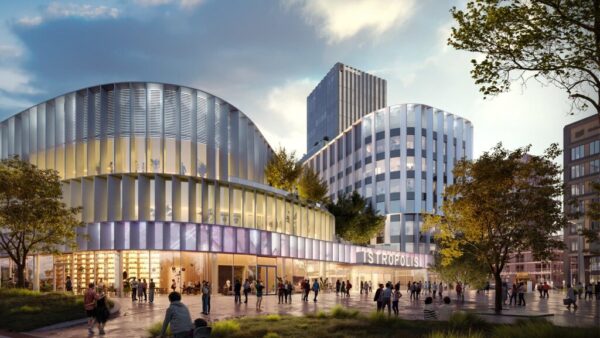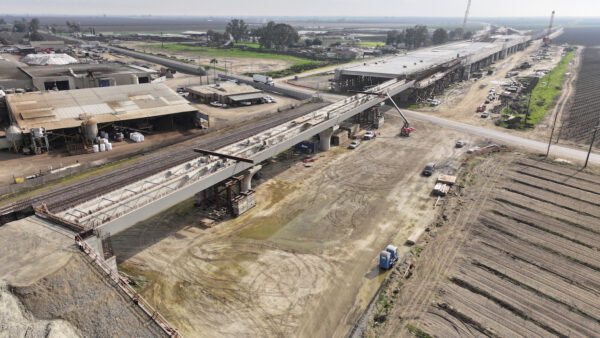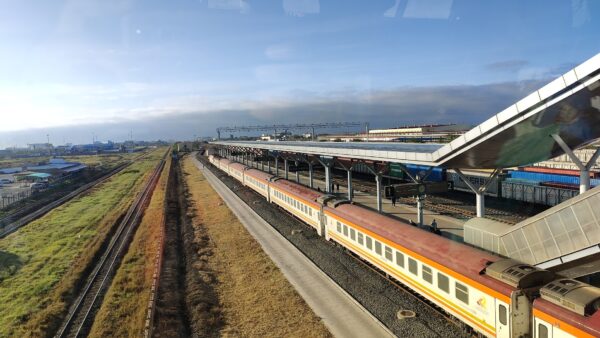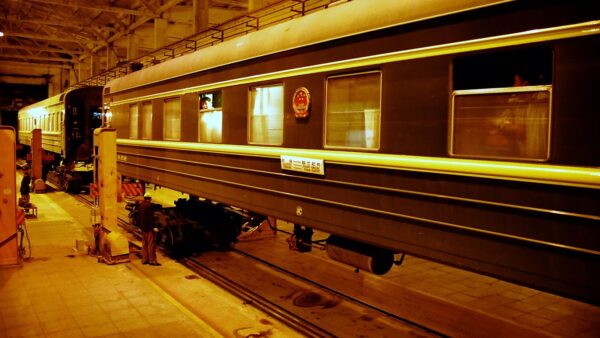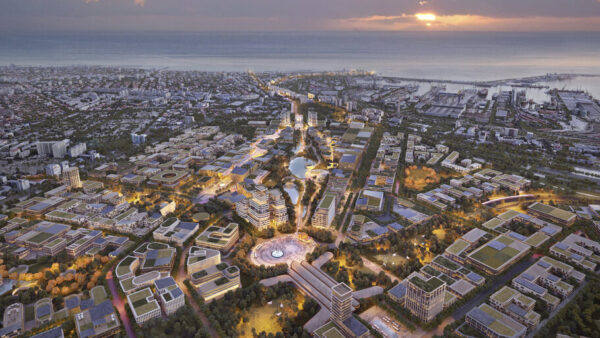Virgin Hyperloop One, which seeks to reduce drag on ultra-high-velocity mag-lev trains by putting them in vacuum tunnels, is to begin its first commercial project in two years’ time. Â
Although the company has revealed when it hopes to break ground, it had not decided where. Rob Lloyd, the company’s chief executive, told Abu Dhabi’s The National newspaper. “We are in discussions in northern Europe, in the UAE and in discussions in the US. I can’t say where the first one will be.”
The presumption is that the site chosen will be one of the 10 shortlisted in the Hyperloop One Global Challenge in September, which were based in the US, the UK, Canada, Mexico and India.
The favourite is probably the $24bn, 580km proposal to build a Rocky Mountain Hyperloop to connect Cheyenne, Wyoming with Denver and Pueblo in Colorado. The system, which would radiate out from Denver Airport, is being backed by the Colorado Department of Transportation. Aecom has already been hired to carry out a feasibility study with a view to procuring the scheme as a public-private partnership.
Lloyd said at the time: “This demonstrates how quickly the public and private sectors can partner to make Hyperloop systems a reality around the world. Studies like this bring us closer to our goal of implementing three full-scale systems operating by 2021.”
Another possibility – which was not on the challenge shortlist – is a link between Baltimore, Washington, DC, New York and Philadelphia. The idea of an East Coast maglev line has been lobbied for and against for the past 15 years, but more recently the authorities in Philadelphia and Baltimore have expressed their interest in the idea.
However, the idea of offering a large and lucrative infrastructure project to a number of possible sites may encourage a bidding war between the candidates, with each competing to offer the most generous subsidies and tax breaks to the project.
At present, Hyperloop One has raised $245m in development capital. Its financial position improved after Richard Branson, the founder of Virgin Group, participated in the last round of funding. Other prominent backers include Dubai port operator DP World, Sherpa Capital, 137 Ventures, Caspian VC Partners, Formation 8, SNCF, GE Ventures, Zhen Fund, Fast Digital and OurCrowd.com.
Image: Hyperloop One’s prototype pod
Further Reading:





